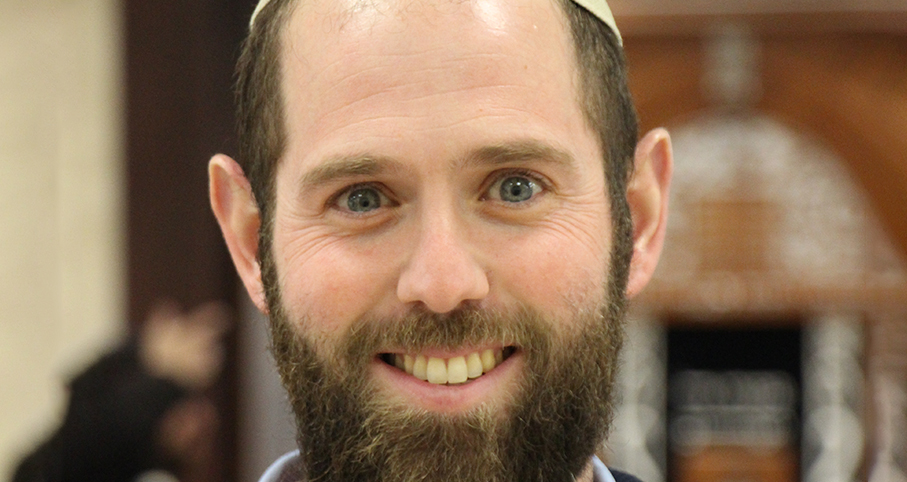Beit Midrash
- Shabbat and Holidays
- Yom Haatzmaut
- Additional Lessons
- Shabbat and Holidays
- Jewish Holidays
- IDF Memorial Day
Yom Ha’Atzmaut (& later Yom Yerushalayim) are two such occasions for G-d-fearing Jews to express heart-felt gratitude, Hakarat HaTov, to the Almighty for the miraculous rebirth of our country, the conquest of our eternal capital, & all of the manifold blessings that now flow to Am Yisrael from these Divinely-delivered cataclysmic events.
But, needless to say, these miracles did not occur in a vacuum. Hashem had innumerable messengers who partnered with Him & enabled our prayers & dreams to come to fruition. Foremost among these partners are the holy soldiers who fought for the cause, all too often paying the ultimate price. They, too, must be humbly acknowledged by a grateful nation.
We sometimes link together the 3 successive Torah portions of Acharei Mot, Kedoshim and Emor. Somewhat cynically, we say that when the titles are read as one, they can mean, "After people die, then they say how holy they were!" There is indeed some truth to this; it is common to gloss over one’s faults & (over)glorify their lives after they are gone.
But I suggest another meaning, one that is particularly apropos to precisely this time of year when these three Sidrot are read.
If we place the comma after, rather than before the word "Kedoshim," we come out with the phrase: "After the death of the holy, we must speak about them." That is, we are obligated to speak openly & admirably of our martyred heroes whose courage opened the door to our own good fortune. And this is exactly what we do, on a national level, on both Yom HaShoa & Yom Hazikaron.
There is a pasuk from Yirmiyahu which we recite in the Musaf Rosh Hashana section of Zichronot- memories: "Ha-ben yakir li Efraim…..ki miday dabru bo, zachor ez’k’renu od…rachem arachamenu, n’ume Hashem; My beloved son & precious child Efraim; when I speak about him, I remember him." This pasuk is often found on the walls of cemeteries (including Ra’anana’s military cemetery). Efraim, the leader of the 10 (lost) Tribes, may have strayed from the path. But Hashem misses Him, yearns for him, remembers him.
So must we, for our children. If we do, then they will not be lost, & G-d will have mercy upon us.
























